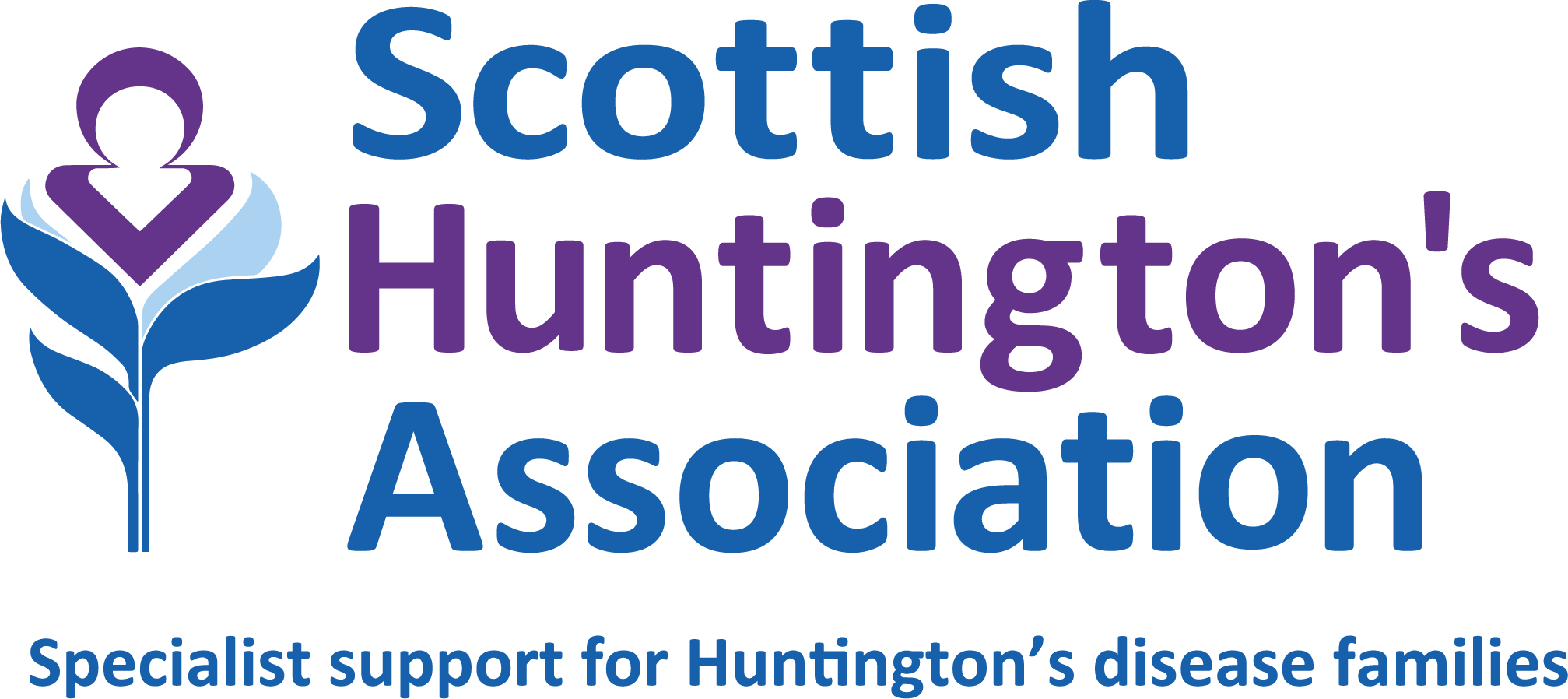Huntington’s disease: an enabling approach to supporting families
This short course will give you an opportunity to develop your understanding of Huntington’s disease and its impact on the people and families who live with it, while enhancing your skills, knowledge and capacity to provide support.
Key facts
Overview
This online undergraduate short course is delivered in collaboration with the Scottish Huntington's Association (SHA).
Our short course is the first of its kind in Scotland and is for all health and social care professionals working with families who are living with Huntington’s disease. The short course will give you a superb opportunity to develop your understanding of this complex condition and its impact on the people and families who live with it, while enhancing your skills, knowledge and capacity to provide support.
By the end of the short course, you'll be able to provide better treatment, care and support to people affected by Huntington’s disease. You'll draw on current research and practice in the field, including evidence and information from across the UK and other parts of the world.

Entrance requirements
English language requirements
If English is not your first language you must have one of the following qualifications as evidence of your English language skills:
- IELTS Academic or UKVI 6.0 with a minimum of 5.5 in each sub-skill.
- Pearson Test of English (Academic) 60 overall with a minimum of 59 in each sub-skill.
- IBT TOEFL 78 overall with a minimum of 17 in listening, 18 in reading, 20 in speaking and 17 in writing.
See our information on English language requirements for more details on the language tests we accept and options to waive these requirements.
Objectives
By the end of the short course you'll be able to:
- demonstrate knowledge of the aetiology of Huntington's disease and the range of symptoms experienced;
- show a greater understanding of the genetic component of the condition and how this impacts those affected by Huntington's disease and those who support them;
- demonstrate awareness of the importance of individual life stories and be able to use this to develop supportive strategies for people affected by Huntington's disease;
- recognise the diversity of experiences of living with Huntington's disease and how individuals and families adapt and live with the condition;
- evaluate current approaches, interventions and services for the treatment, care and support of people affected by Huntington's disease and identify best practice;
- develop knowledge and skills to anticipate the evolving needs of people with Huntington's disease and their families, and be able to identify and evaluate available approaches designed for future planning.
Structure and content
This short course provides an in-depth understanding of Huntington's disease and the impact it has on individuals and families, considering the physical, psychological, emotional and social changes that it can bring. Our short course looks at the person with Huntington's as central to this discussion, but also emphasises the importance of considering the whole family as people affected by the disease.
Delivery and assessment
A single online learning short course, worth 20 credits at SCQF level 10/QCF level 6. Your 12 weeks of online learning is supported by staff from the
Module coordinator
What next?
Contact us
If you have any questions about entry requirements for our continuing professional development and short courses, contact our Admissions team.
For all other questions, please use our enquiry form.
